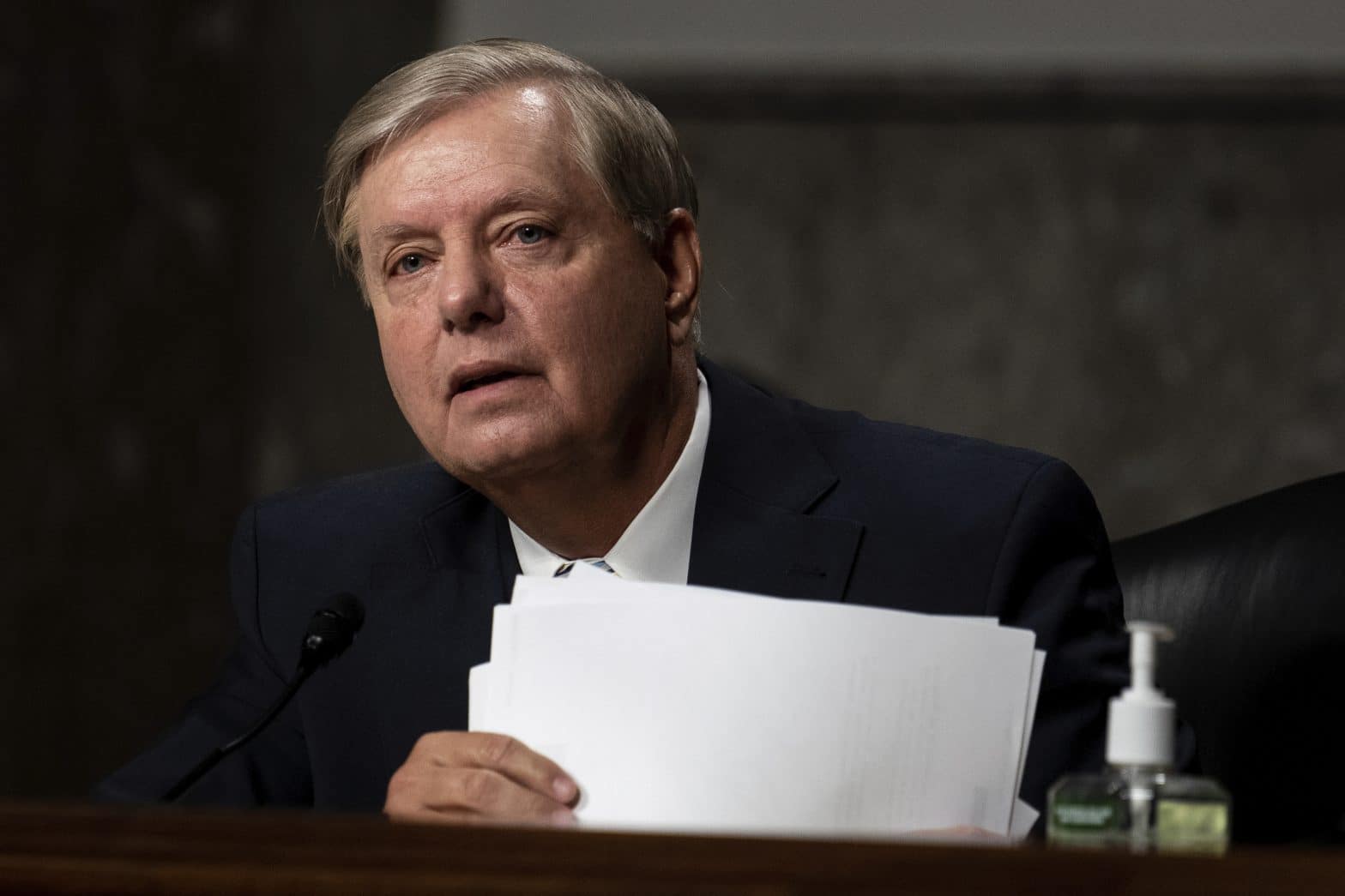Justices Reject Graham Bid to Block Georgia Testimony

WASHINGTON — Just hours after Chief Justice John Roberts handed former President Donald Trump a temporary victory in one of his legal battles, a member of Trump’s inner circle on Tuesday found the high court far less accommodating.
In an unsigned, two-paragraph order, the Supreme Court rejected a petition from Sen. Lindsey Graham, R-S.C., to temporarily block a subpoena seeking his testimony before a Georgia grand jury investigating efforts to overturn the 2020 election.
Graham had originally submitted his emergency petition to Justice Clarence Thomas, who handles such matters in the Atlanta, Georgia–based 11th Circuit, and Thomas had imposed an administrative stay to give his fellow justices time to weigh in on Graham’s request for relief.
Graham had argued that as a sitting senator he could not be compelled to testify about any activity related to his official duties.
“Without a stay, Sen. Lindsey Graham will soon be questioned by a local Georgia prosecutor and her ad hoc investigative body about his protected ‘speech or debate’ related to the 2020 election,” former White House counsel Donald McGahn wrote in the emergency application.
“This will occur despite the Constitution’s command that senators ‘shall not be questioned’ about ‘any speech or debate.’ It will occur in state court, without the consent of the federal government,” he said.
Prosecutors in Fulton County, Georgia, reportedly want to question him about a call he made to Secretary of State Brad Raffensperger in which he inquired about the handling of absentee ballots in the 2020 election.
While Graham claims he and his office would be irreparably harmed if he’s forced to testify, the prosecutors maintain it is the special grand jury overseeing the investigation that will be harmed even with a temporary delay in his testimony.
Further, wrote Fulton County District Attorney Fani Willis in her response to Graham’s filing, “The 11th Circuit has approved an orderly process of questioning proposed by the district court, wherein Sen. Graham is immune from questioning regarding legislative activities and can resolve any future disputes under supervision of the federal courts.”
The two-paragraph order from the Supreme Court gave no indication whether any of the justices opposed not granting the stay, and there were no dissents appended to it.
“The lower courts assumed that the informal investigative fact-finding that Sen. Graham assertedly engaged in constitutes legislative activity protected by the speech or debate clause, U.S. Const. Art. I, §6, cl. 1, and they held that Sen. Graham may not be questioned about such activities,” the justices wrote. “The lower courts also made clear that Sen. Graham may return to the district court should disputes arise regarding the application of the speech or debate clause immunity to specific questions.
“Accordingly, a stay or injunction is not necessary to safeguard the senator’s speech or debate clause immunity,” they said.
Dan can be reached at [email protected] and @DanMcCue























